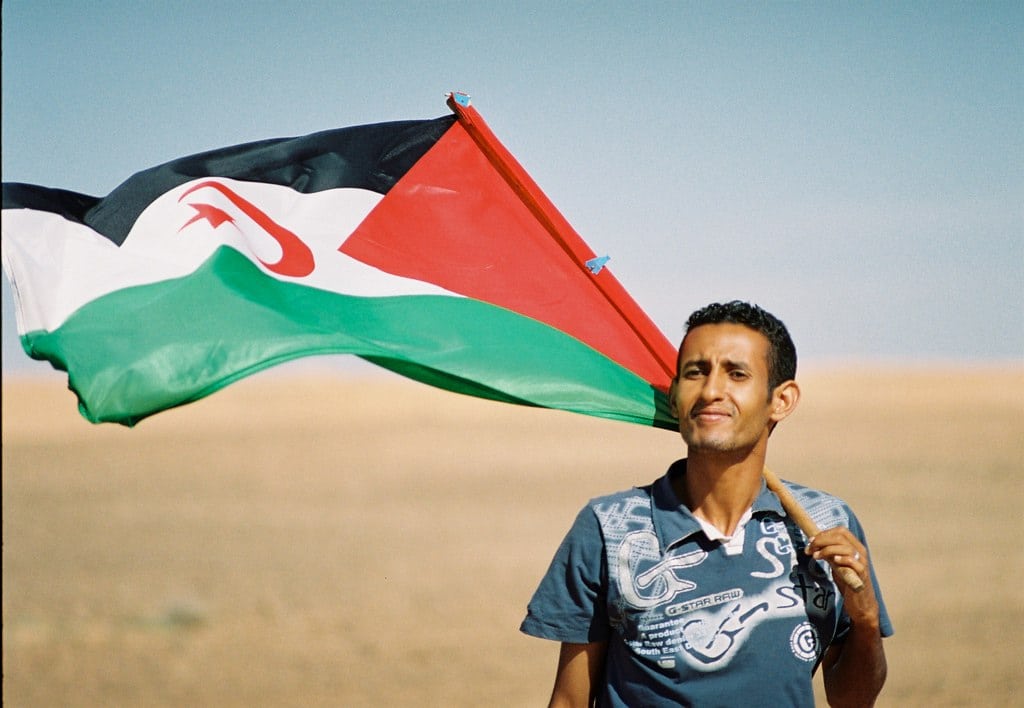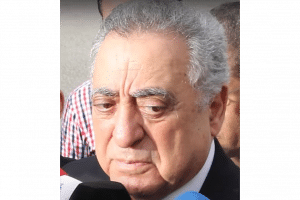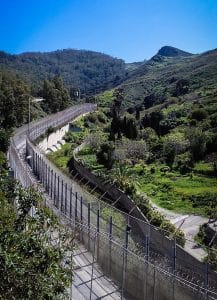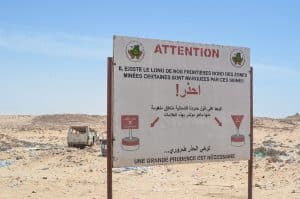With its June 11th decision in regards to a 2007 Fishery Agreement, the European Commission placed conflicts between Morocco and the alleged government of the Western Sahara back into focus. The United Nations classify the Western Sahara a non-self-governing territory with a right to self-determination under Moroccan administration, while Morocco maintains that it is the true sovereign over the territory. Previously, efforts to settle the dispute over sovereignty had been stirred up by the 31st African Summit, representatives of the Western Saharan POLISARIO, as well as the United Nations, and a peaceful solution seems distant.
The EU-Moroccan Fisheries Partnership Agreement
Core of the issue at hand is the EU-Moroccan Fisheries Partnership Agreement (FPA), concluded in 2006 and entered into force in 2007. The FPA represents a core element in the ties between the EU and Morocco, and allows member states of the European Community (EC) to fish off the latter’s shores. In the context of the conclusion of this deal, the European Community was confronted with the question of the Western Sahara, and redirected the question to the Court of Justice of the European Union (CJEU). The CJEU ruled first in 2006, and then again in 2016, that the scope of the treaty did not extend to Western Saharan territory, reminding those involved that it is a “separate” and “distinct territory”. While this decision supported the legal opinion of the International Court of Justice, which had rejected Morocco’s claims of sovereignty over the region, Morocco in response suspended Diplomatic Relations with the European Union as a whole in 2016. In April 2018, member states of the European Community gave their green light to amend the scope of the deal, and on June 11th voted to include the Western Sahara in the FPA, thus making way for new negotiations between the two parties.
“The Judicial Battle Continues” says POLISARIO Member
Although the decision to include the Western Sahara in the FPA still has to be ruled upon by EU Deputies, the Western Saharan POLISARIO Front has already filed a claim before the CJEU appealing to the decision of the EC, and has called upon the member states to recall that the CJEU had previously ruled to exclude the Western Sahara. Following the decision, POLISARIO member M’hamed Khaddad declared that the judicial battle would continue. POLISARIO is a Liberation Movement founded in 1973 with the aim to end the Spanish, and then later Moroccan presence in the territory of the Sahrawi people. Subsequent to a war lasting until 1991, Morocco was left in control of most of the territory. Regardless, the POLISARIO Front claims to be the ruling body of the self-proclaimed Sahrawi Arab Democratic Republic, and is recognized by the United Nations, but not the European Union, as the sole legitimate representative of the Sahrawi people.
Government Unified in Its Fight Against POLISARIO
Morocco remains a vivid opponent of Sahrawi independence, reminding all parties involved that POLISARIO has repeatedly violated ceasefire agreements and committed crimes deterring a peaceful solution. On June 16th 2018, for instance, POLISARIO opened fire on protestors who had assembled in front of the house of POLISARIO leader Ghali. The protestors were themselves Sahrawi people, and accused POLISARIO of covering up the murder of political and human rights activist Salek Brika in one of its detention centers. The Moroccan government is visibly unified in the issue of the Western Sahara, abiding by the opinion of King Mohammed VI on the Western Sahara. Thus, no regime has in the past offered to enter in direct negotiations with POLISARIO, and the ruling party, the Party of Justice and Development (PJD), maintains it respects the “cultural specificity” of the region. In April 2018, members of all parties in Moroccan parliament came together to sign the Declaration of Laâyoune which states that the only solution to the conflict is the affirmation of Moroccan sovereignty. Among those signing the Declaration were then Authenticity and Modernity Party (PAM) head Ilyas Omari, Independence Party head Nizar Baraka, Socialist Union of People’s Forces (USFP) head Driss Lachgar, as well as National Rally of Independents (RNI) Aziz Akhannouch. Not present to sign the Declaration was Nabila Mounib, head of the United Party of Socialists (PSU), with official sources claiming she was ill.
Responses by the International Community
Although Morocco has never entered into direct negotiations with POLISARIO, the Front recently, for the first time in history, extended such an offer to the Moroccan government in the context of the 31st Summit of the African Union. A response to the offer is yet to come, but South Africa has exerted pressure onto Morocco, extended its support for Sahrawi independence and lobbied for such in recent United Nations Security Council elections. Morocco had previously left the African Union in 1984 following South Africa’s decision to recognize the independence of the Sahrawi people, and only in 2017 rejoined the Union. Similarly, the United Nations Special Committee on Decolonization in December 2017 claimed that Morocco’s behavior in regards to the Western Sahara resembled that of colonization and thus expressed its support for Sahrawi independence strives.
Sources Aujourd’hui Le Maroc ǀ European Council on Foreign Relations ǀ Le360 ǀ Morocco Tomorrow ǀ Morocco World News ǀ PJD Party Website ǀ Sahara Press Service I ǀ Sahara Press Service II ǀ TelQuel ǀ Yabiladi ǀ Image Source



